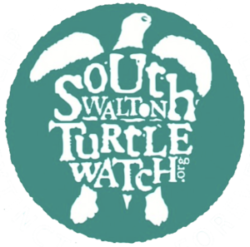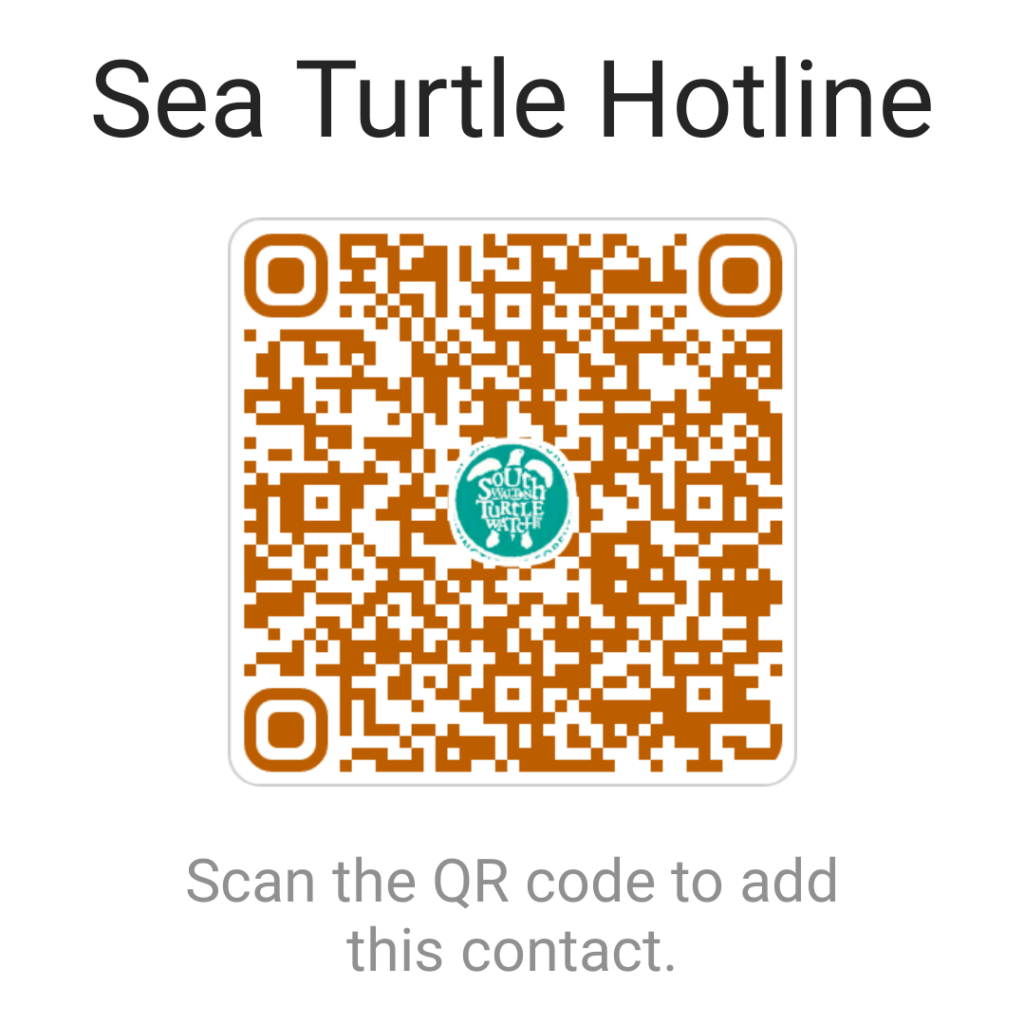Category: News
-
New Sea Turtle Rescue Slings
-
How You Can Help
The FWC recommends residents and visitors in Florida’s coastal communities follow these guidelines to help conserve sea turtles and their hatchlings: Hands Off Hatchlings! Even well-meaning attempts to rescue sea turtle hatchlings can do more harm than good. Sea turtle hatchlings are digging out of their nests and clambering toward the Gulf anytime from July…
-
Please…Leave No Trace.
You can help our nesting sea turtles and their habitat as well as baby hatchlings by following Walton County’s Leave No Trace Ordinance. By removing all belongings, chairs, umbrellas, tents, toys, trash, from the beach each day, you’re helping our sea turtles survive and find their way back to their marine habitat safely. Whatever you…
-
What really happens to the plastic you throw away – Emma Bryce
We’ve all been told that we should recycle plastic bottles and containers. But what actually happens to the plastic if we just throw it away? Emma Bryce traces the life cycles of three different plastic bottles, shedding light on the dangers these disposables present to our world.
-
Sea Turtle Nesting Habitat Protection Map in Florida
-
U.S. declares ‘critical habitat’ protection for loggerhead turtles
(Reuters) – The United States on Wednesday designated 685 miles (1,100 km) of beaches from Mississippi to North Carolina and 300,000 square miles (777,000 sq km) of ocean off the Gulf and Atlantic coasts as critical nesting and roaming habitat for threatened loggerhead sea turtles. The joint ruling by the National Oceanic and Atmospheric Administration…
-
End of Season 2013 Report
View our End of Season 2013 Report Here
-
YOU CAN DO YOUR PART: Always use a red filter or red light emitting flashlight on our beaches!
-
Walton County Lighting Ordinance
Walton County has a Wildlife Lighting Ordinance which provides guidelines for proper light management. For information on local lighting regulations and to see the complete ordinance, visit Walton County’s website. For information on sea turtle friendly lights go to the following: www.seaturtlelighting.net www.beaconproducts.com www.electroelf.com http://myfwc.com/conservation/you-conserve/lighting/certified Walton County Lighting Ordinance
-
Mixing Sea Turtles & Oil in Walton County, FL

